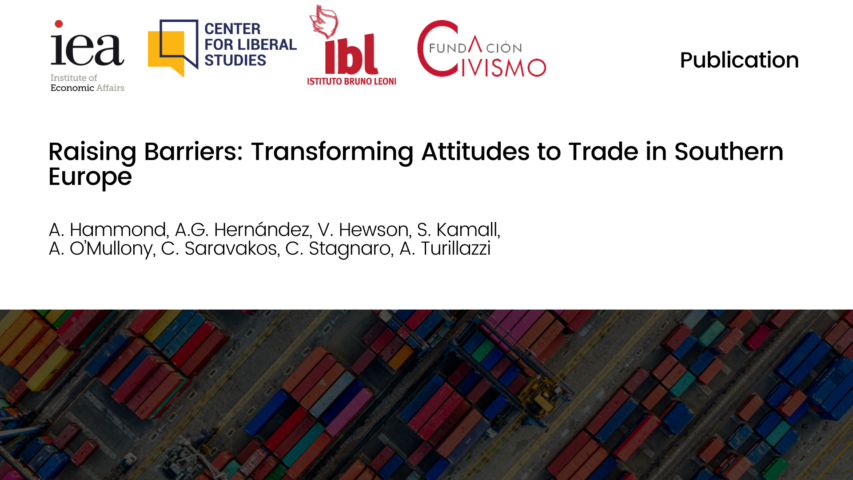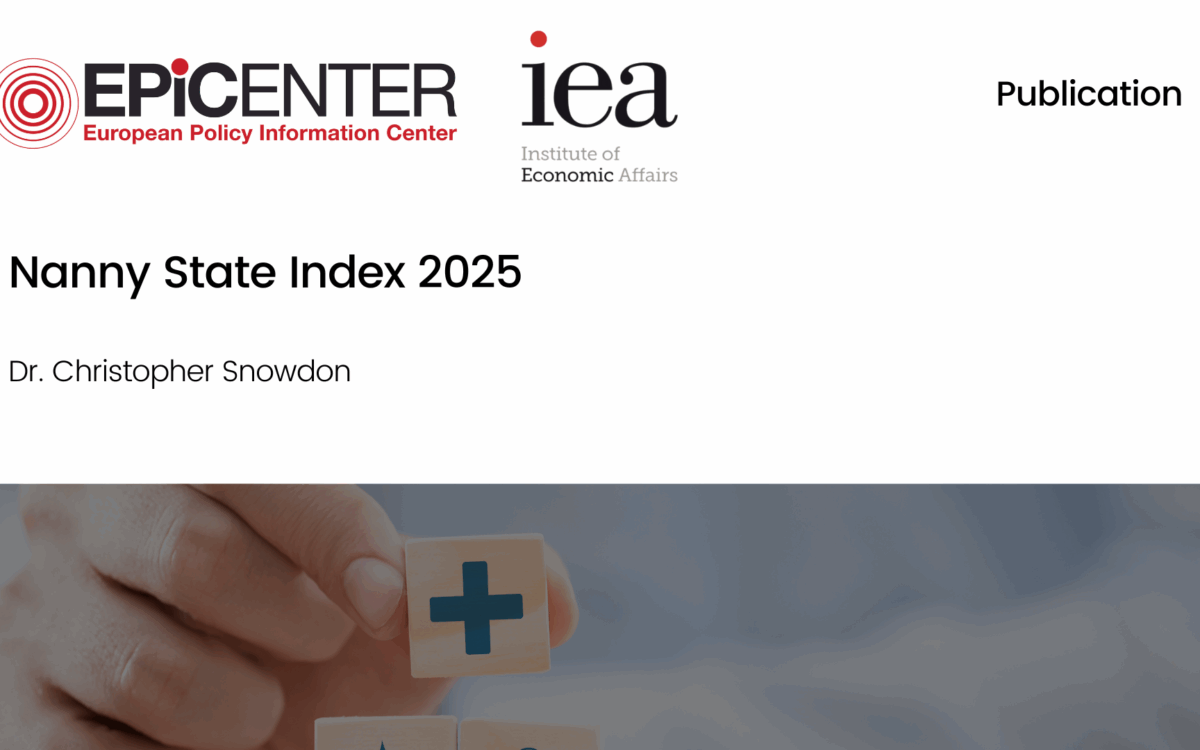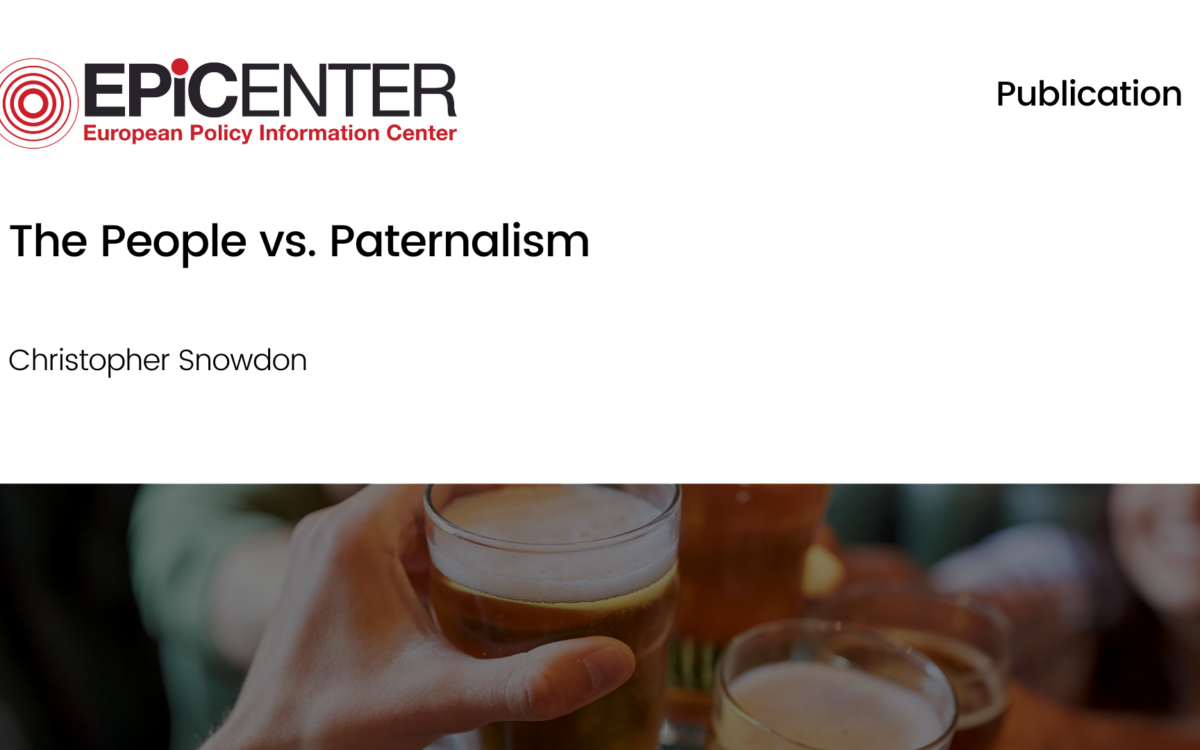Raising Barriers

Raising Barriers
14 October 2021
The voting patterns of political parties in the national parliaments of Greece, Italy and Spain, and of their members of the European Parliament, show certain similarities, including a tendency for parties in government to support free trade agreements and those in opposition to resist them, whatever their political orientation. In opposition, support for international trade liberalisation is considered to carry political risk.
It is possible to discern a correlation between opposition to FTAs and a party’s classification as ‘authoritarian populist’ in the Timbro Authoritarian Populism Index, though the picture is mixed and there are often differences within political parties and inconsistency between how their representatives vote in the European and in national parliaments.
Parties in all three countries exploit populist concerns in relation to jobs and the environment and are susceptible to vested interest lobbying. This paper identifies the issues (procedural and substantive) that are often cited as grounds for opposing FTAs and offers some strategies to address them.
Download or share this publication
View the PDF
EPICENTER publications and contributions from our member think tanks are designed to promote the discussion of economic issues and the role of markets in solving economic and social problems. As with all EPICENTER publications, the views expressed here are those of the author and not EPICENTER or its member think tanks (which have no corporate view).



